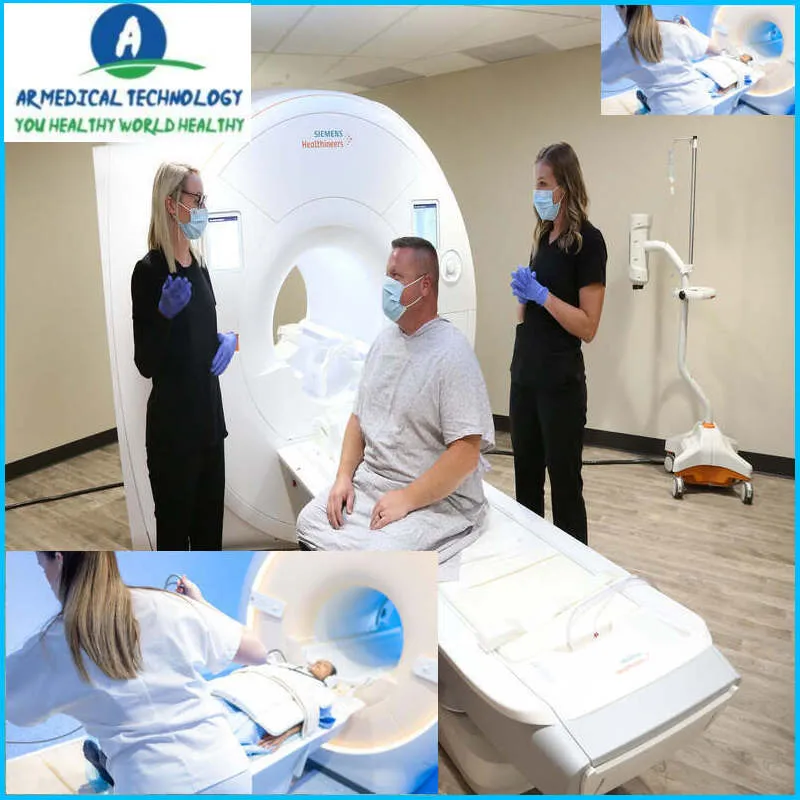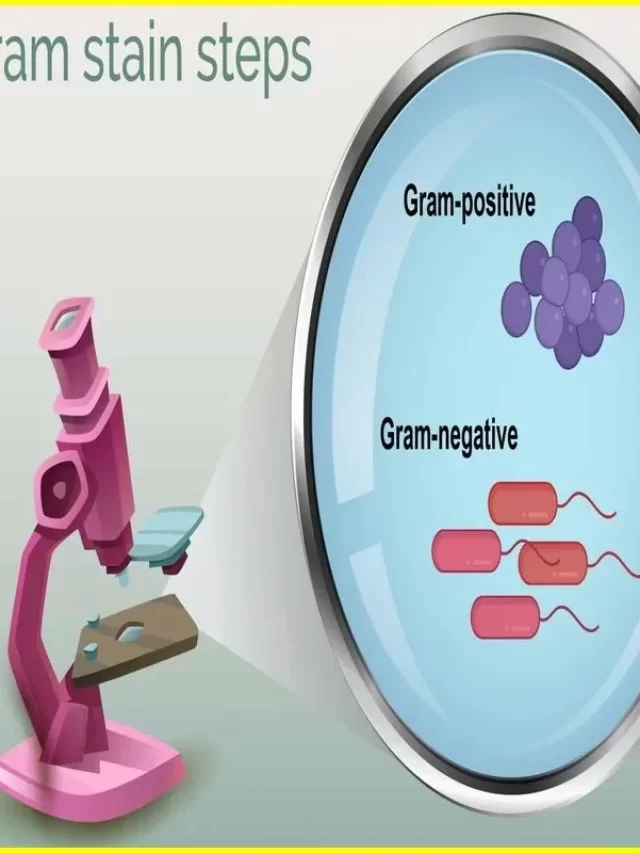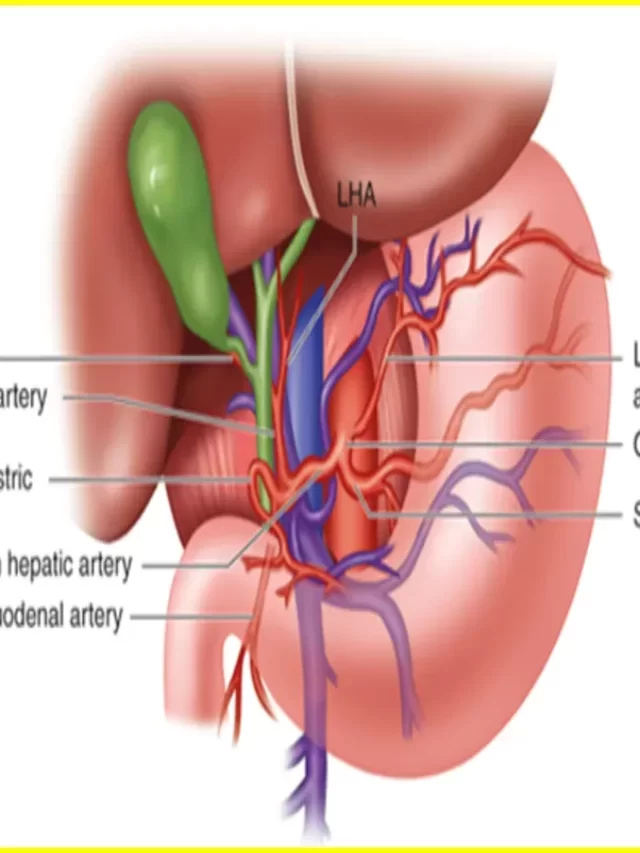CT Scan Vs MRI Brain
Not sure if you should get a CT or MRI of your brain? Considering how unlike the two are from one another, it makes sense. It might be challenging to choose one diagnostic strategy over another because they all have advantages and disadvantages. However, we’ll make things easier for you with this blog post by carefully comparing the brains on an MRI and CT scan. So relax and keep reading as we walk you through all you need to know.
Why do I need a CT scan after an MRI
It’s possible that your doctor recommended a CT scan in addition to an MRI because they believe that this set of tests will provide the most comprehensive view of your condition. Only MRI can provide enough information in certain cases. Including a CT scan, however, might help confirm the diagnosis in some cases or rule out other possible causes of your symptoms.
For example, if you are experiencing headaches, it may be suggested that you get an MRI to check for any structural abnormalities in your brain. If the MRI shows nothing out of the ordinary, a CT scan may be suggested to check for cerebral artery blockages that might be the cause of your headaches.
Article About:- Health & fitness
Article About:- Medical Technology
Article About:- Sports

CT Scan vs MRI for Back Pain
While there are a few distinct imaging procedures available for evaluating back pain, CT scans and MRIs are the most often employed. Which is thus superior? MRI vs. CT scan for back pain?
First, let’s talk about the CT scan. X-rays are used in a CT scan to provide finely detailed pictures of your soft tissues and bones. This examination is frequently performed to identify bone fractures or other issues. Additionally, the degree of spinal stenosis, a disorder that can result in back discomfort, can be evaluated with CT scans.
On the other hand, an MRI produces finely detailed pictures of your organs and tissues by utilizing radio waves and magnetic fields. This examination is frequently performed to identify issues with your discs, ligaments, or muscles. Spinal stenosis severity can also be evaluated by MRI.
So which exam is superior? MRI vs. CT scan for back pain? Your doctor’s assessment may determine the response. A CT scan can be the greatest choice if your doctor is searching for a bone issue. An MRI might be the best choice if your doctor is looking for a disc or muscle issue.
MRI after CT scan
If you’ve already had a CT scan of the brain and your doctor thinks you may have a tumor, you may need an MRI. This is because CT scans can sometimes miss small tumors. MRI is also better than CT at showing certain types of brain damage, such as stroke.
Which is better CT scan or MRI of brain?
There are some major differences between a CT scan and an MRI of the brain. CT scans are generally faster than MRIs, and they do not require patients to remain immobile for long periods of time. MRIs provide more detailed images than CT scans, and they are better at detecting certain types of brain abnormalities.
If your doctor suspects you have a brain tumor, infection, or stroke, they may order a CT scan or MRI to get a closer look at your brain. Both tests can help doctors diagnose problems, but they have different strengths and weaknesses.
CT scans are quick and easy, which is why they are often used as an initial test to check for brain problems. They use X-rays to make images of your head and brain. A CT scan can show things like a tumor, bleeding in the brain, or a build-up of fluid. They can also be used to guide doctors during biopsies or surgery.
MRIs use powerful magnets and radio waves to make pictures of your brain. They provide more detailed images than CT scans, which means they are better at detecting certain types of problems. For example, MRIs can show whether a tumor is cancerous or benign. They can also show whether the tissue around the tumor is healthy or damaged.
An MRI is usually done after a CT scan if the results are inconclusive or if the doctor needs more information about a particular problem. MRI can also be used to check for problems that don’t show up on a CT scan, such as multiple sclerosis or aneurysms.
In general, it is difficult to say which test is better as they both have their own advantages and disadvantages. The best option will depend on the patient and their specific symptoms. Your doctor will be able to recommend the best test for you based on your medical history and other factors.

FAQ
Which is better CT scan or MRI for brain?
Which Is Better for Brain Imaging: MRI or CT Scan? Since magnetic resonance imaging (MRI) is the most sensitive method of brain imaging currently available, particularly for the brain, it is a superior choice for brain imaging. It is therefore a more effective method for finding brain malignancies.
Which is better MRI or CT scan for brain injury?
An MRI is necessary if the pathology seen by the CT is insufficient to explain the clinical condition. Since MRI is more sensitive to parenchymal change than CT, it is the best option for follow-up.
What can MRI detect that CT Cannot brain?
When it comes to displaying specific disorders that a CT scan is unable to identify, MRI truly shines. Certain malignancies, such those of the prostate, uterus, and liver, are virtually undetectable or extremely difficult to find on a CT scan. An MRI also provides a clearer picture of metastases to the brain and bone.
Is MRI more powerful than CT?
Compared to a CT scan, an MRI can provide more precise pictures of the tissues and organs. Diagnoses involving soft tissue, joints, organs, the brain, and the heart can all be made using an MRI scan. Due to the higher cost of the equipment and the lengthier processing time, MRI scans are more expensive than CT scans.




